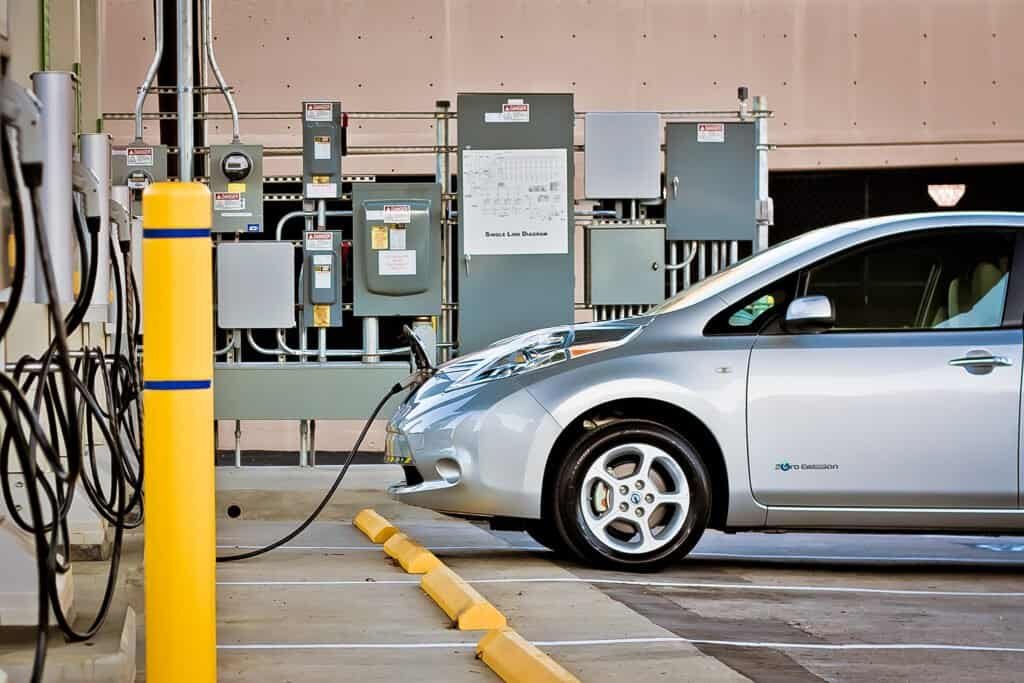Tamil Nadu, which is home to a thriving electric vehicle and component manufacturing business, is quickly moving toward its objective of becoming an electric vehicle (EV) powerhouse in India. Tamil Nadu is responsible for approximately 400,000 units, or 40% of all EVs sold between January and September of this year, totaling 10 lakh or one million units.
The Indian government provided this data. According to data provided by the Ministry of Road Transport and Highways, there were 10,44,600 electric vehicles registered nationwide as of September, with 414,802 of those sold in Tamil Nadu. “It is a significant record and speaks volumes about the diverse, vibrant multi-sector presence and the impetus for growth accorded by the government,” according to the official announcement.
Among the leading companies in the sector are EV OEMs with factories in the state. Ola Electric, which leads the e-two-wheeler market, sold 175,608 units, followed by TVS Motor Co. with 112,949, Ather Energy with 77,764, and Ampere Vehicles with 41,757. BYD India, based in Tamil Nadu, sold 1,725 electric buses, cars, and SUVs, followed by PCA Automobiles India with 1,533 sales and Hyundai Motor India with 1,023 sales.

Tamil Nadu EV Goals
The goal that Tamil Nadu has now set is to become the global EV capital. Tamil Nadu implemented the EV policy because of its existing thriving ecosystem for the auto industry, according to a statement from the government.
It should be emphasized that five important Tamil Nadu cities have been chosen to be developed as EV hubs: Chennai, Coimbatore, Tiruchirappalli, Madurai, and Salem. The southern state’s easy access to qualified labor, first-rate supply chain infrastructure, and thriving environment for the production of automobiles and auto parts are factors that are accelerating the expansion of the EV industry there.
The EV policy aims to hasten the growth of an ecosystem for battery-operated vehicles (BEVs) and to make it easier to produce parts, cell technologies, batteries, and infrastructure for charging.